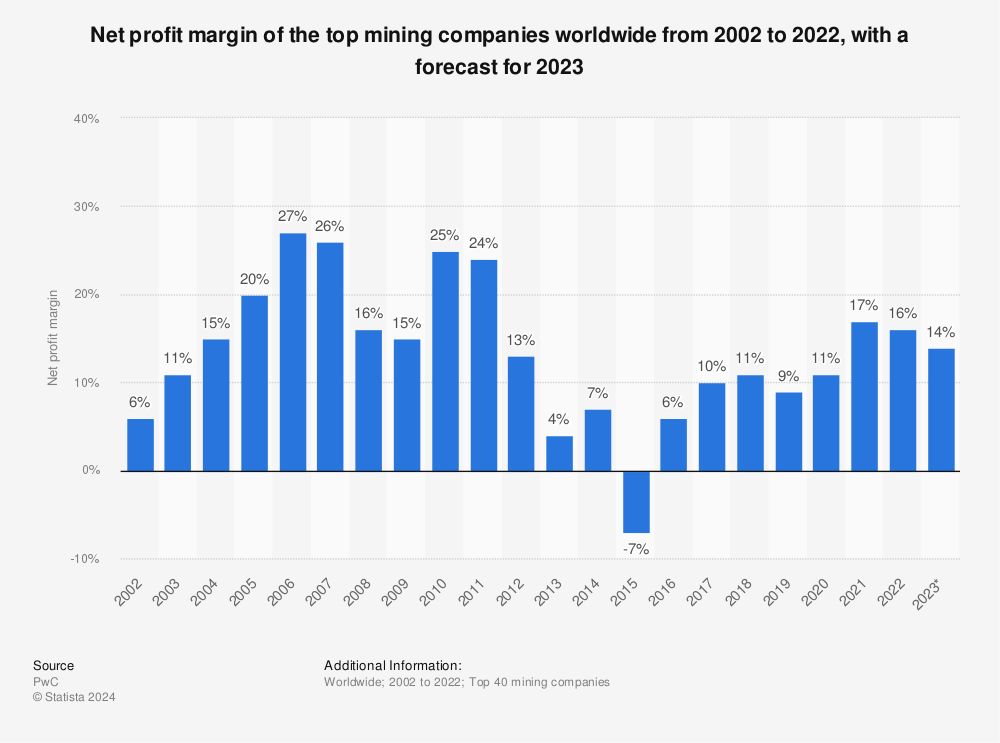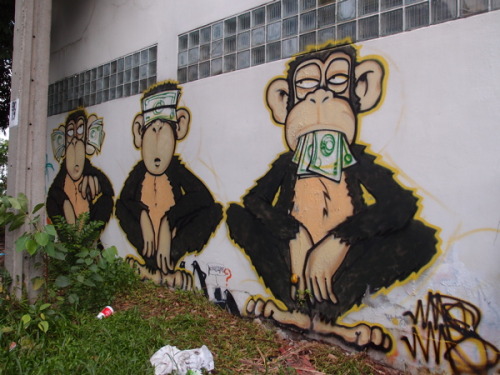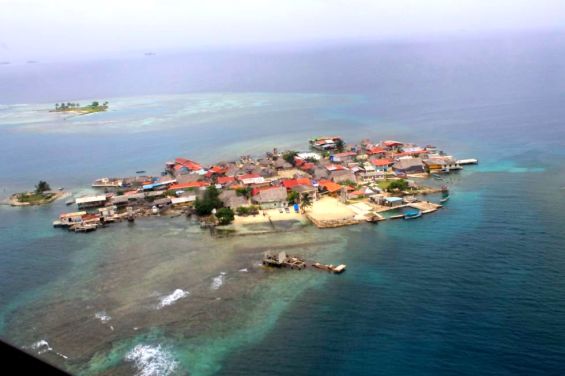Thomas Edison famously said
"opportunity is missed by most people because it is dressed in overalls
and looks like work". Attending the Emissions Gap Report Launch some weeks
ago, I felt this was the most prominent message. For countries that do not mine
fossil fuels, a transition to a green economy and future would result in less
fossil fuel imports, greater self-sufficiency and therefore be in their best
interests. Norway's shift to sustainability is a great example of this and at
the launch, Eric Solheim, former Norwegian politician and now
executive director of UNEP said "Climate change is not a cost,
it is a shift. There was no cost to fixing acid rain or ozone. Climate change
is a business opportunity". Norway, boasting the greatest number and
tallest waterfalls in Europe, has a fantastic hydroelectric power potential.
Perhaps it is this potential economic independence that
sustainability offers that is one of the last remaining barriers to green
economies. This blog is a continuation of last
week’s discussion on the suppression of sustainability by economics within the
greater context of three dominant barriers faced by the green movement in the
past.
 |
| Are the days where harvesting energy left landscapes scarred, soon to be a thing of the past? Recent projects are turning these renewable energy production houses in to landscape features, adding a tourism benefit to their green footprint, an ingenius idea! Pictured here is the Øvre Forsland Hydropower Station in Norway. |



